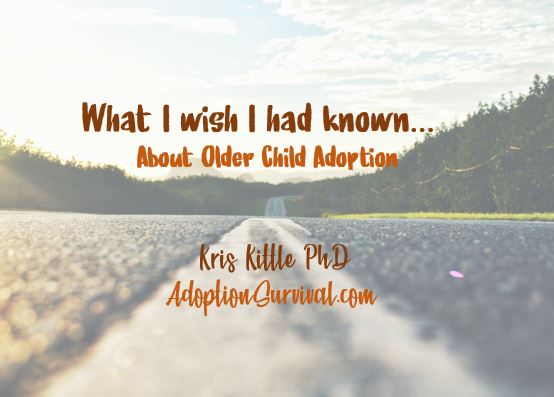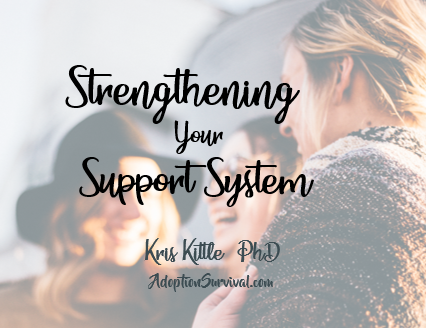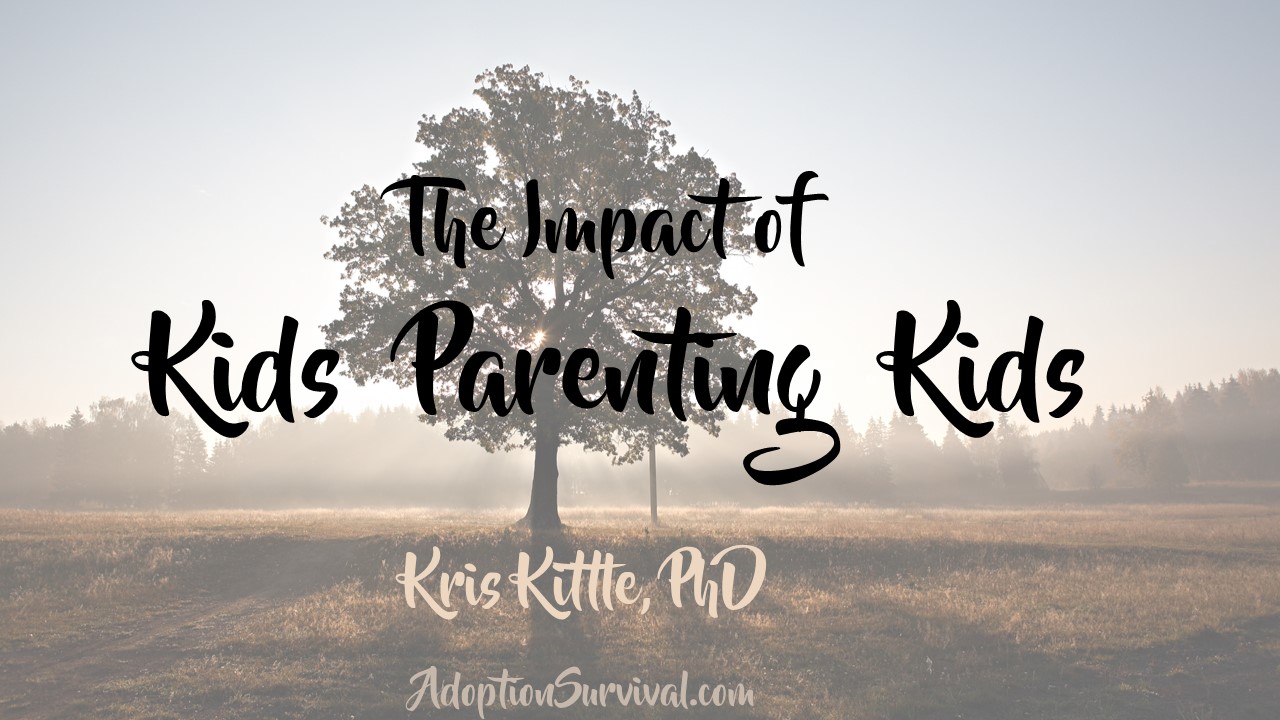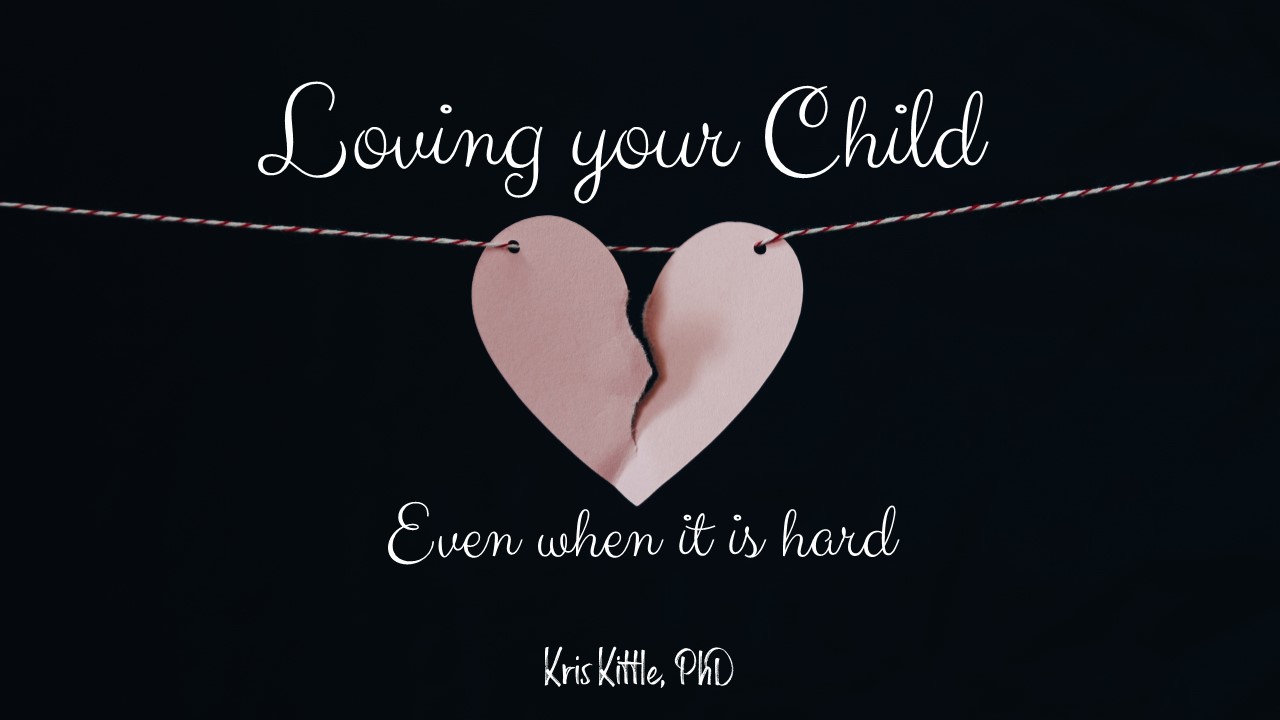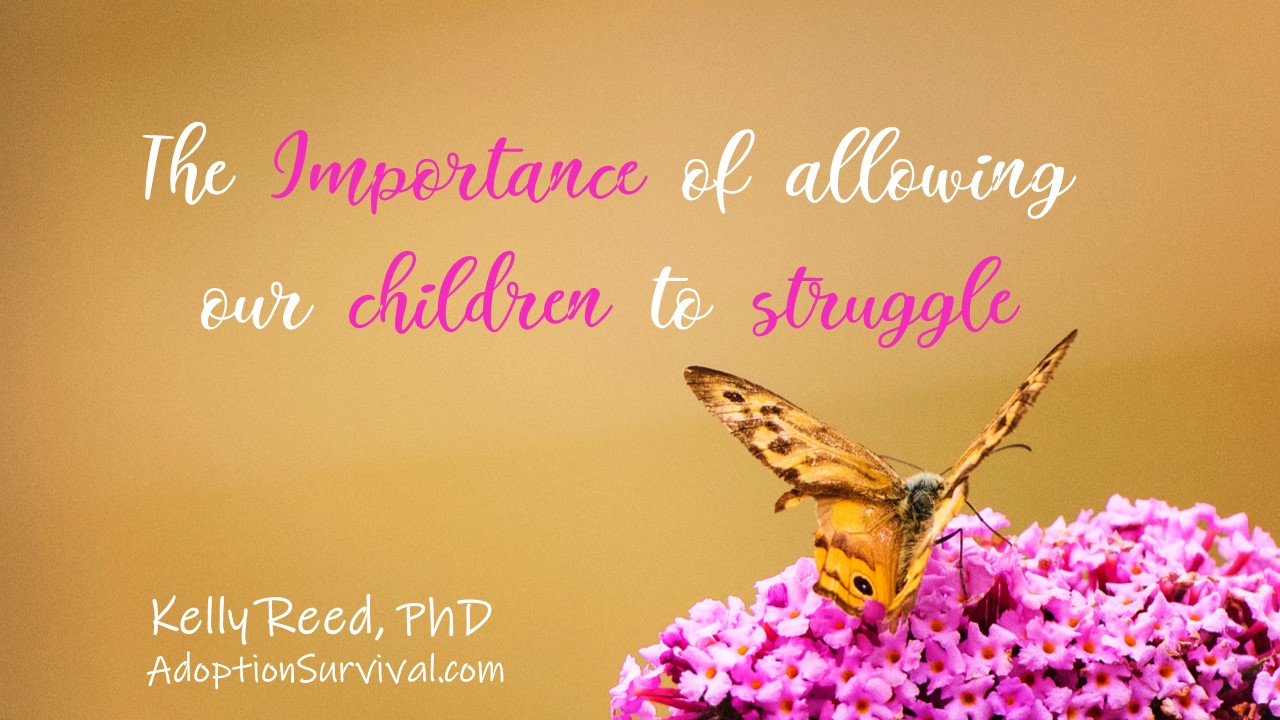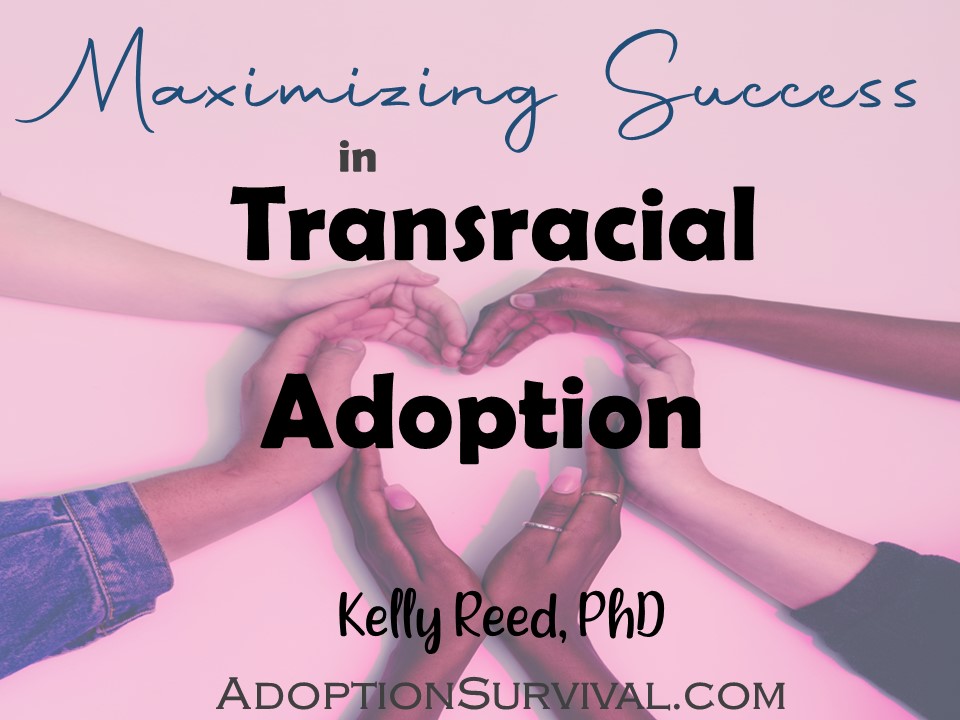
Being aware of the issues your family will face is key to maximizing your family’s success! Race must be an open topic of discussion in transracial adoptive families.
- Consider your surroundings. Is your neighborhood racially and culturally mixed so that your transracial family does not appear unusual? Will your child be accepted as a teen the same as a toddler or child? Is there access to other transracial and cross-cultural families? Does your school have a variety of races and cultures represented in the classrooms, by both students and teachers? Ideally, it would be best if your child was surrounded by other children from his/her own culture or racial heritage. At the very least, your community should have some visible diversity so that your child does not stand out or become isolated. You may want to consider adopting more than one child from the same race or culture to reduce your child’s isolation and give your child an ally. However, only if you always wanted more than one child.
- Teach your child about his/her heritage. Instill a sense of pride in your child’s heritage. Attending special ceremonies or holiday events–equivalent to cultural tourism–is not enough. Incorporate books, magazines, dolls, toys, games, foods, greeting cards, calendars, audiovisual media, and artifacts that reflect your child’s culture and ethnicity. Perhaps everyone in the family attends language classes to learn the child’s language or attends a church representative of the child’s background.
- Seek relationships with others of his/her heritage. Find and develop personal relationships with people who are from the same background as your child. Seek mentors, groups, organizations, and activities from your child’s race or culture. Find hairdressers and health professionals of the same racial or ethnic origins. Your child will need ongoing relationships with others of his/her heritage, but keep in mind that your participation should be done to the extent the child is comfortable and the child’s comfort level might change at different stages. Not any person or organization just because of race or culture will suffice. Find people who are from the same area or from the same linguistic group.
- Seek out other adoptive families of mixed race or culture. You will have more in common with the subculture of adoption than with either of the races or cultures involved. Your family and your child need reinforcement that comes from time with other transracial or cross-cultural adoptive families who face similar challenges. They can support you on issues of raising children in a multiracial family as well as experiences you have as a transracial adoptive family. There are several culture camps advertised in national adoption magazines that provide a chance to experience being the majority for an intense period of time. It also gives youth a chance to spend time with others who can share the joys and pains of growing up in a transracial adoptive family.
- Educate your child and family about racism and intolerance. Transracial families often experience stares and people commenting on the mixed race of their family. Prepare ahead of time and give your child effective tools and techniques to combat racism. Create scripts for how your family wants to respond to stares and comments such as “Are those your children or are they adopted?” Most important is not how you respond, but that your response has been agreed upon with your child.
- Do not tolerate racial or cultural slurs or jokes. Deal with racial or cultural slurs immediately and directly. Your child needs to know that is wrong and no one is allowed to say anything bad about his/her race or culture, no matter what the person’s intent or how important that person is to you or the family. Explain that prejudice will come from members of the racial majority and from members of his/her own ethnic group in the form of name calling, racial slurs, inferior treatment, exclusion, preconceived expectations, or physical violence. Help your child to understand it is the person saying or doing things that has the problem, not your child. Explain the history behind slurs and that they are hurtful. If you struggle with explaining or addressing these issues, seek out and attend courses or seminars to help challenge and confront racial or cultural prejudices. If one does not exist in your community, consider organizing one.
- Validate your child’s feelings. The teen years are typically the hardest. It is important for your child to witness you investing in his/her culture and seeing others you rely on for their skills and abilities. However, as your child reaches teen years, he/she may need you to back off and let him/her be alone with his/her heritage. Your child may become embarrassed by his/her transracial family. Try not to take it personally and to respect that stage while your child is going through it. Friends whom the child related to may become uncomfortable. For example, some friends may no longer be willing to go out at night with a black adoptee for fear that the police will hassle them. This kind of prejudice is rarely articulated by teen adoptees, yet such racism can be a significant factor in the life of an adolescent adoptee in a transracial family. Regardless of what someone says or does, what is most important is validating your child’s feelings.
- Acknowledge differences. Your experience of the transracial or cross-cultural adoption will be different than your child’s. You may feel your adoption has been successful with love for your child, your child appearing to do well in life, and your family never facing significant issues related to racial or cultural challenge. However, your child may have always experienced a sense of loss and alienation from his/her own culture but did not feel he/she had the right to express it. There may have been things your child never mentioned either to protect you or because the child feels shame and humiliation and is internalizing prejudice.
- Practice responses. Empower your child to gain control of the situation. Discuss your child’s immediate response and alternatives. Act confidently. Teach your child problem-solving skills, including non-responses (e.g., ignoring the speaker) and verbal (e.g., whispering a response or asserting “They are my parents. I am adopted.” “My mother says that people who say that are ignorant.”) and nonverbal responses (e.g., staring back). Have your child practice these responses and model them when he/she is with you. Ask your child what he/she would like you to do, if anything, and then follow your child’s lead. However, if a racist act involves adults or an institution, such as the school, then you must take direct and decisive action yourself.
- Understand where your child is developmentally. Have frequent check-ins to assess your child’s self-esteem and racial identity. The greatest challenge in raising children of a different race is teaching them to combat racial prejudice while building a strong self-esteem and racial identity.
This is part two of a series on transracial adoption. If you missed last month’s blog about self-esteem and racial identity, you can read it here.

